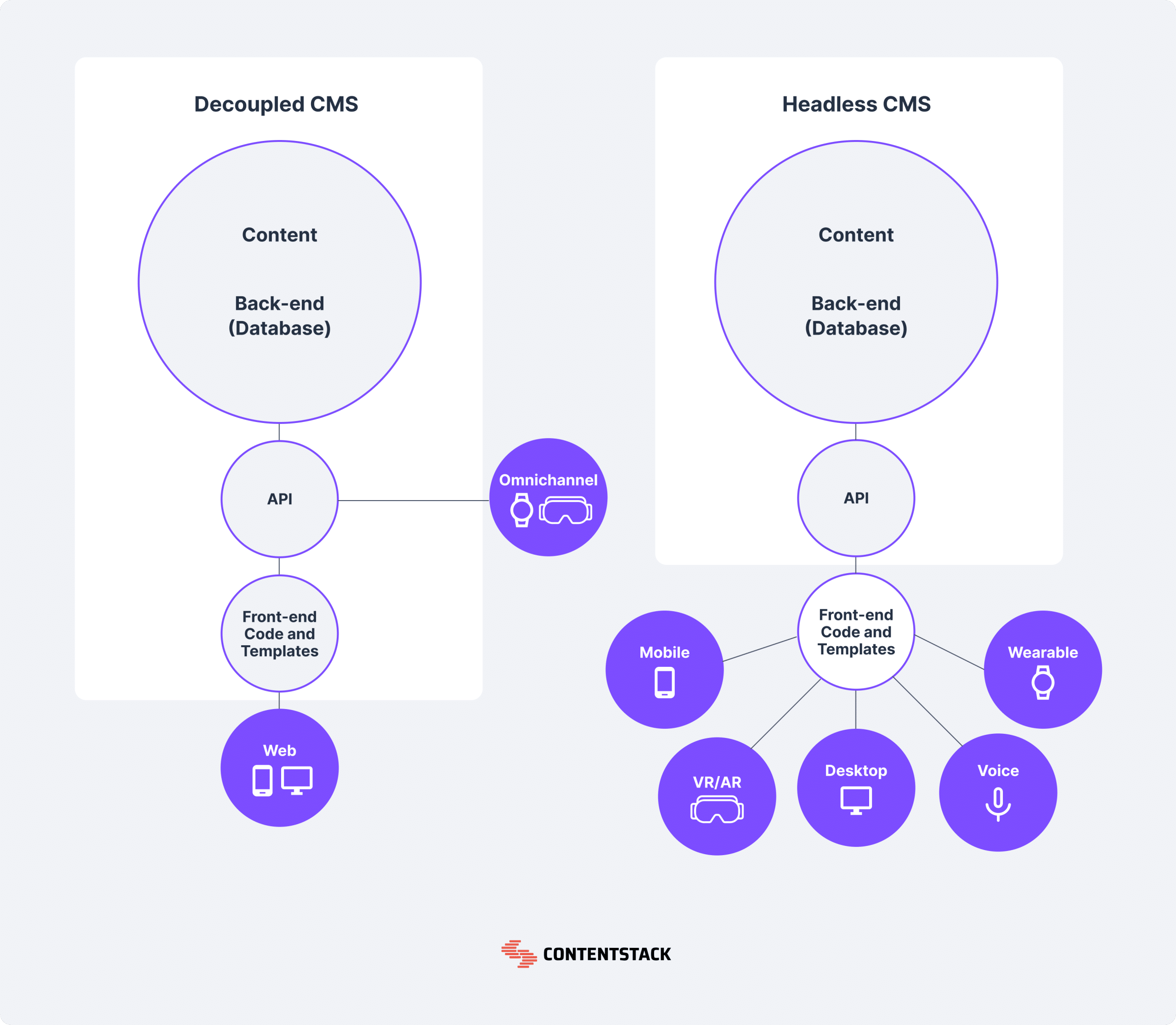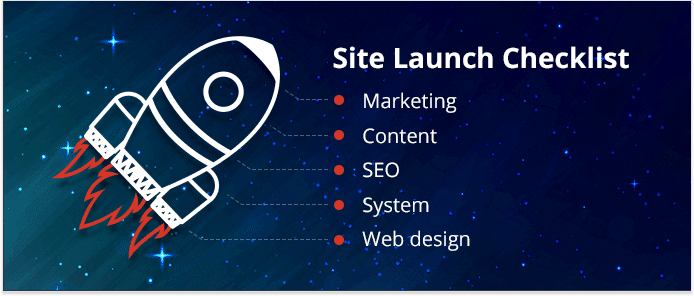Pros and Cons of Using Free Website Plugins

Website plugins have become an indispensable resource in the dynamic world of web development. These flexible applications improve and extend the capabilities of websites without requiring in-depth knowledge of programming languages or web design techniques. Yet, choose between paid and free website plugins isn’t always black and white. In this article, we’ll discuss the advantages and disadvantages of using free plugins for your website. Discover the pros and cons of using free website plugins
Understanding Website Plugins
It’s important to have a firm grasp on the nature of website plugins before digging into the benefits and drawbacks. Plugins are supplemental software components that can be integrated into an already-running website to increase its functionality. Contact forms, social media buttons, e-commerce tools, search engine optimization, and more can all be incorporated with their help.
The Pros of Using Free Website Plugins
1. Cost-Efficiency

Among the many benefits of free website plugins is their low price. Free plugins are exactly what they sound like, and they may be a huge help to people and organizations on a tight budget. These plugins offer a wide range of capabilities without the requirement for major financial input.
2. Easy Installation and Use
Free website plugins prioritize ease of use. Installation guides and user interfaces are often straightforward, allowing for use by persons with little technical expertise. You don’t have to be an expert programmer to make good use of them.
3. Rapid Development
Using a plugin to build a website can save a lot of time. Installing a plugin that already provides the needed capabilities saves time and effort compared to implementing the features or functionality from scratch. For firms that need to create or update their websites frequently, this can save a great deal of time.
4. Rich Selection
There is a plethora of free add-ons available for websites. There is almost certainly a plugin that can accomplish whatever you want to do with your website. You can locate the perfect free plugin for your needs, whether they are search engine optimization (SEO), online storefront management, data monitoring and analysis, or social media sharing and interaction.
5. Community Support and Updates
Many free website plugins are maintained by active communities of developers. This implies that enhancements, updates, and problem fixes are consistently distributed. Take advantage of the community’s expertise to keep the plugin up-to-date and running smoothly.

The Cons of Using Free Website Plugins
1. Limited Customization
Although many useful functions may be found in free plugins for websites, not all of them will be a perfect fit for your site. There may not be a lot of room for personalization, making it difficult to create a smooth and consistent interface. https://www.mobileessentials.com.au/
2. Compatibility Issues
The risk of incompatibility is a major negative of using free plugins on websites. There is a risk of incompatibility between plugins and the site’s core code when you install many plugins at once. This can lead to malfunctioning features, security flaws, and a poor user experience.
3. Security Risks
When it comes to adopting free plugins for your website, safety should be your top priority. Not all plugins are created equal, and some may have weaknesses that hackers might exploit. It’s important to update plugins frequently and only install them if they’ve been verified as safe.
4. Performance Overheads
The likelihood of your website experiencing performance issues increases in proportion to the number of plugins you use. It’s possible that some of your plugins are hogging resources and causing your site to load slowly. If your pages take too long to load, your bounce rate will increase, which will have a detrimental effect on your search engine rankings and user experience.
5. Abandonment and Lack of Support
Individuals or small teams may create free plugins, but they may lack the capacity to support them over the long term. A website’s security and functionality may be jeopardized if a plugin is no longer updated or supported.

Conclusion
In the world of web development, the option to employ free website plugins is a double-edged sword. They, on the one hand, provide solutions that don’t break the bank but yet improve your website’s performance, development speed, and feature set. Limitations in customisation, incompatibility with other plugins, security holes, slowdowns in performance, and the possibility of utilizing outdated or unsupported plugins are some of the potential drawbacks.
Finding a happy medium between the benefits and drawbacks of free website plugins is key for getting the most out of them. Before integrating a plugin into your site, make sure it meets your needs, is regularly updated, and fits in with your long-term vision. Doing so will allow you to take advantage of free website plugins while reducing their drawbacks.





